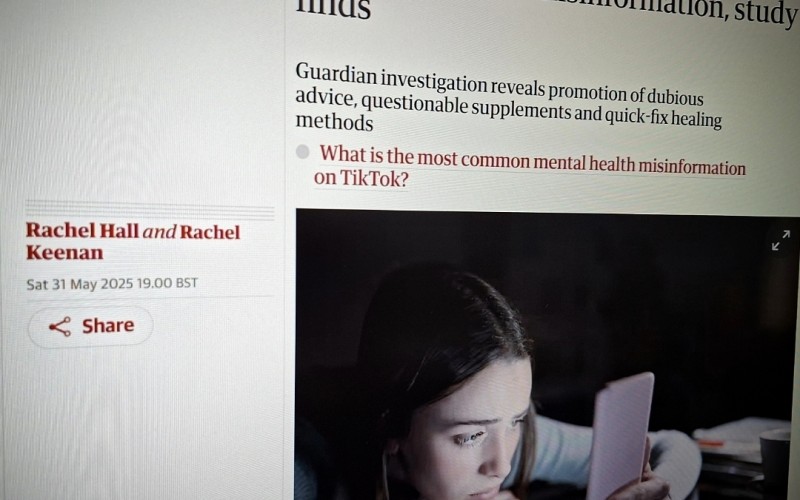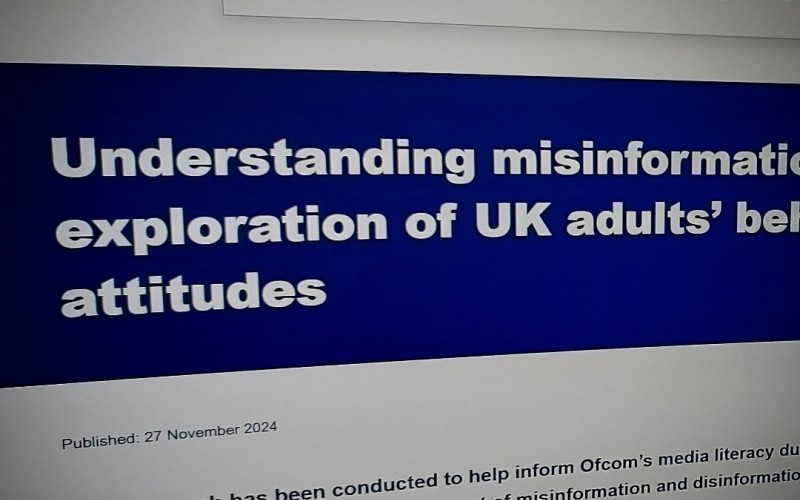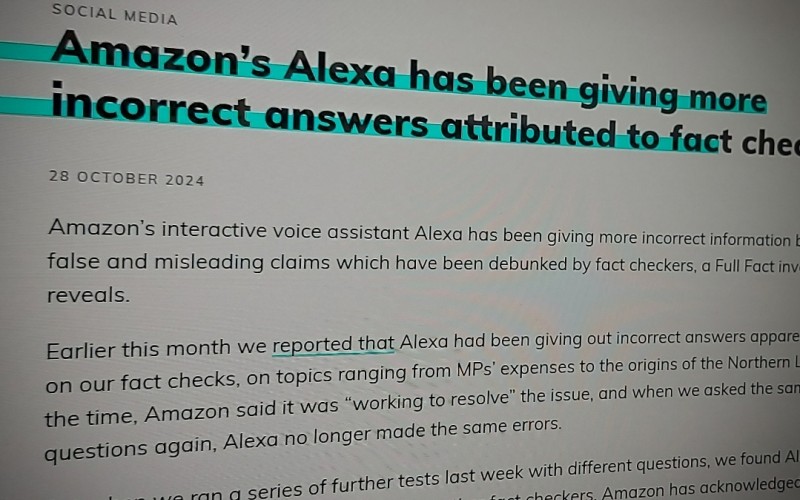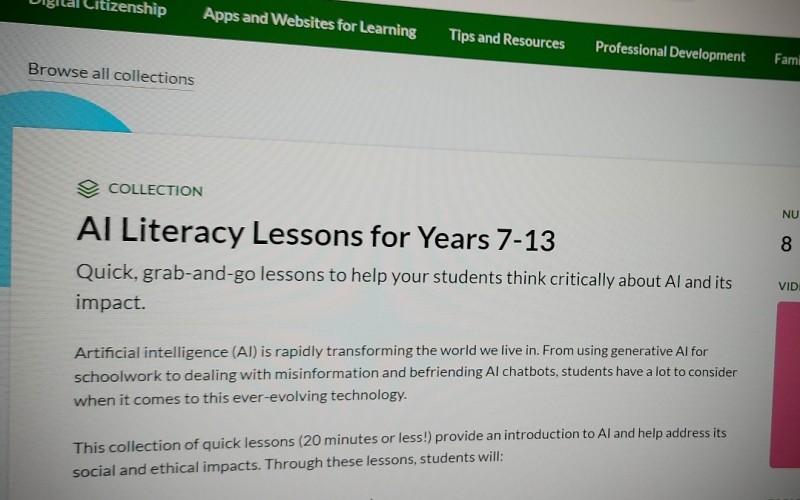Digital Literacy & Well-Being Curriculum
Free K–8 lessons to prepare students for life in the digital world.
Tagged with digital literacy
The fake videos and images show how generative AI has already become a staple of modern conflict. On one end, AI-generated content of unknown origin is filling the void created by state-sanctioned media blackouts with misinformation, and on the other end, the leaders of these countries are sharing AI-generated slop to spread the oldest forms of xenophobia and propaganda.
People are increasingly turning to social media for mental health support, yet research has revealed that many influencers are peddling misinformation, including misused therapeutic language, “quick fix” solutions and false claims.
This research has been conducted to help inform Ofcom’s media literacy duty to heighten public awareness and understanding of the nature and impact of misinformation and disinformation online, as well as ways to mitigate exposure to such information.
Amazon’s interactive voice assistant Alexa has been giving more incorrect information based on false and misleading claims which have been debunked by fact checkers, a Full Fact investigation reveals.
Common Sense's quick, grab-and-go lessons to help your students think critically about AI and its impact.






Comments
make a comment